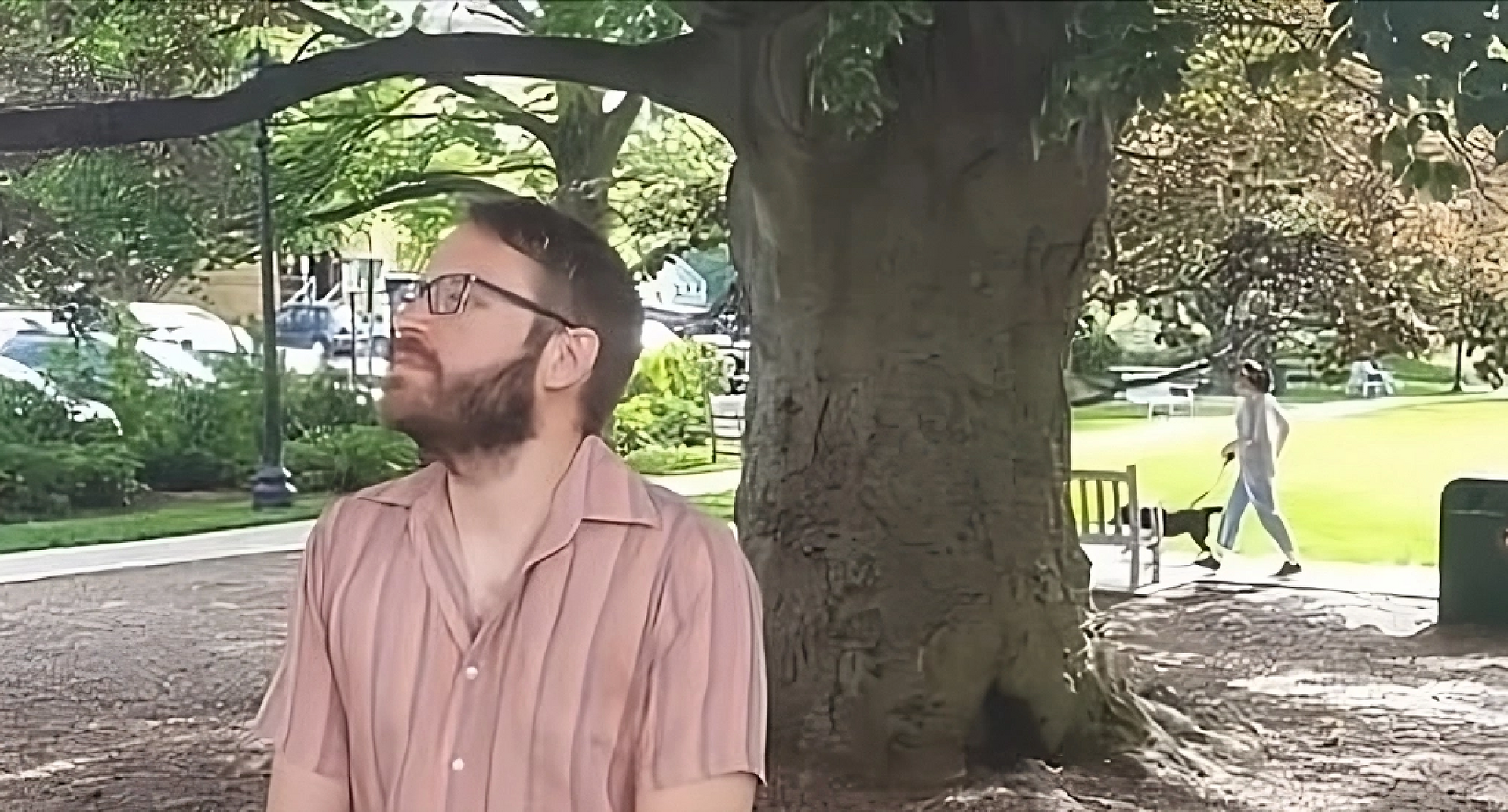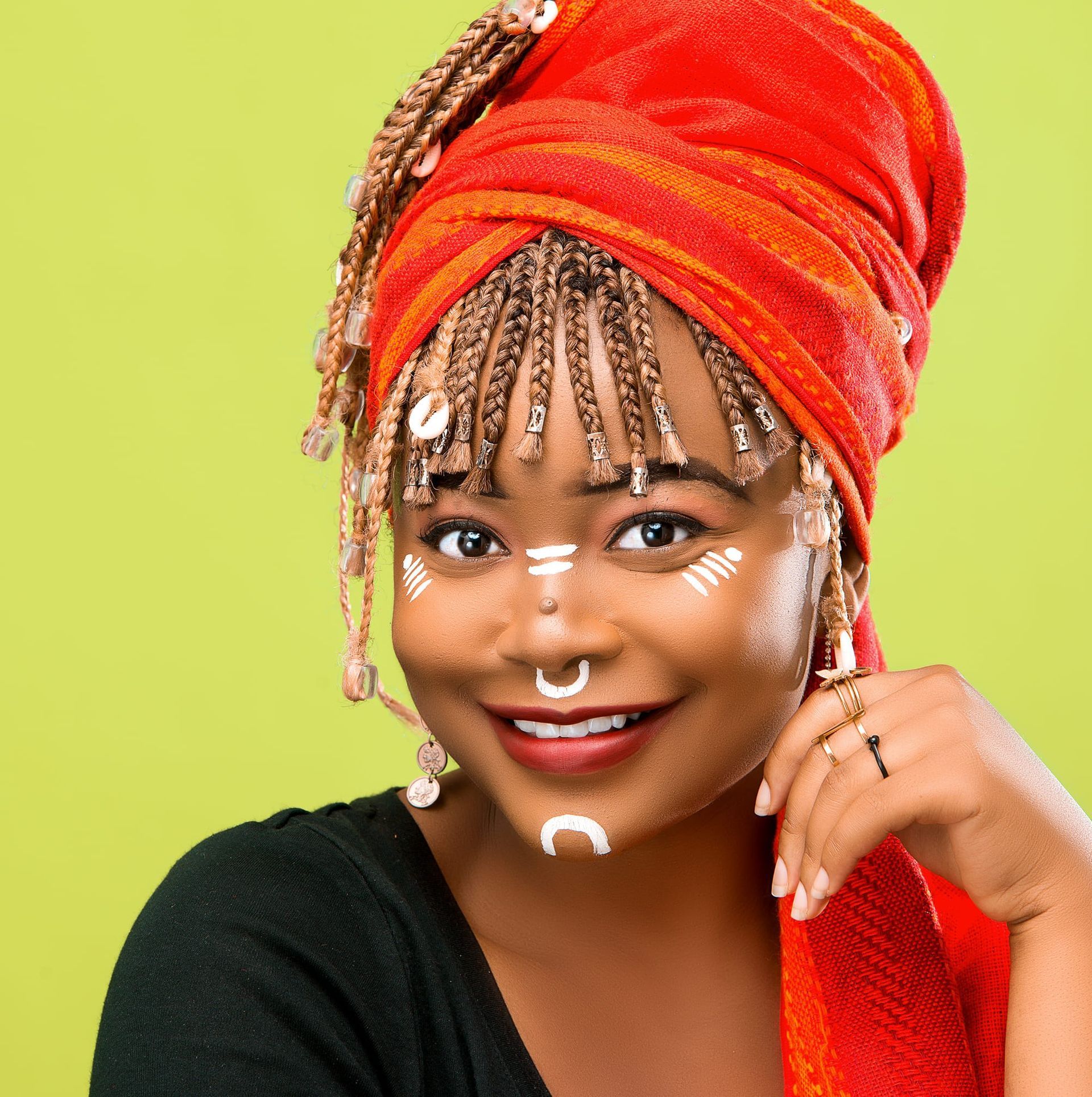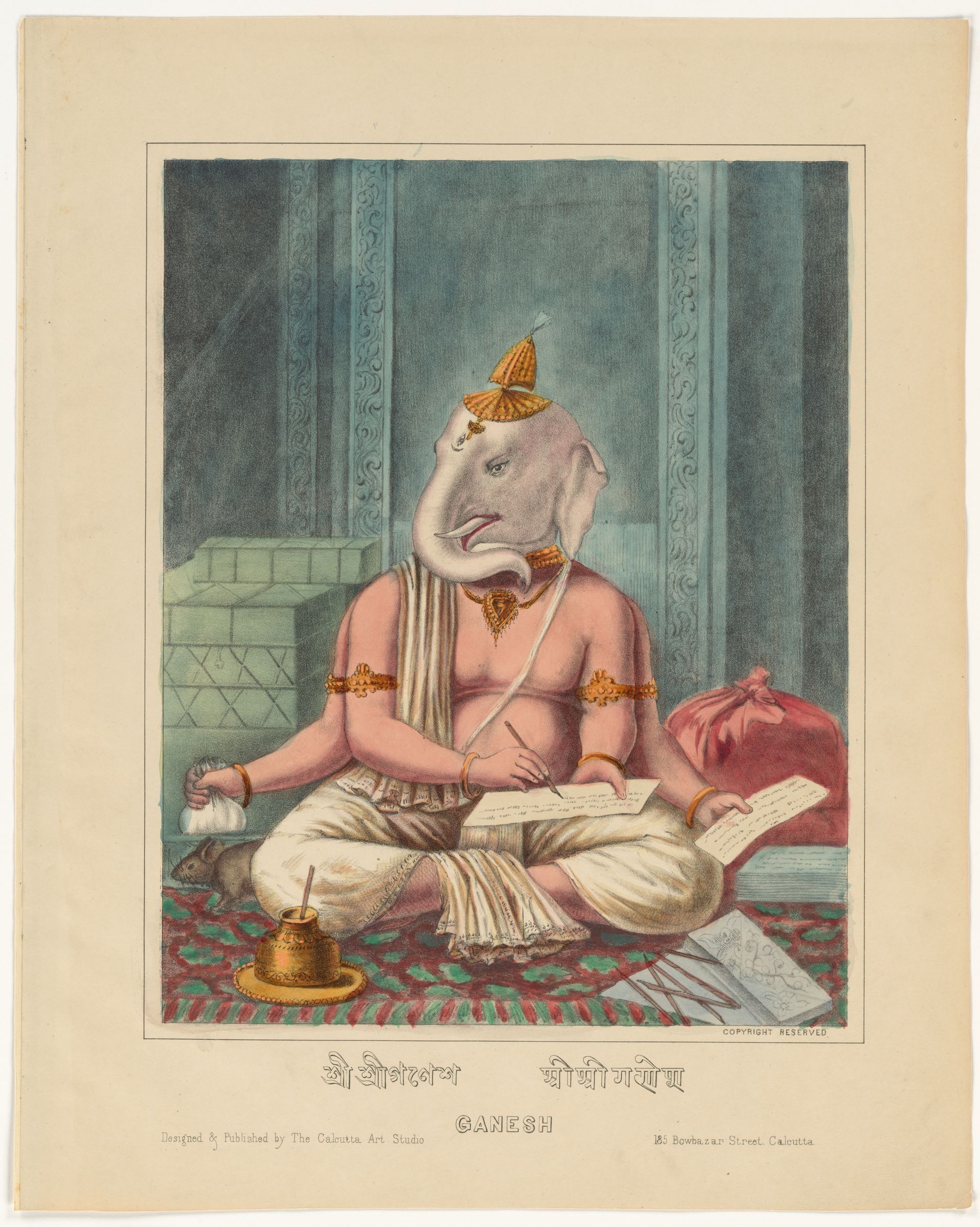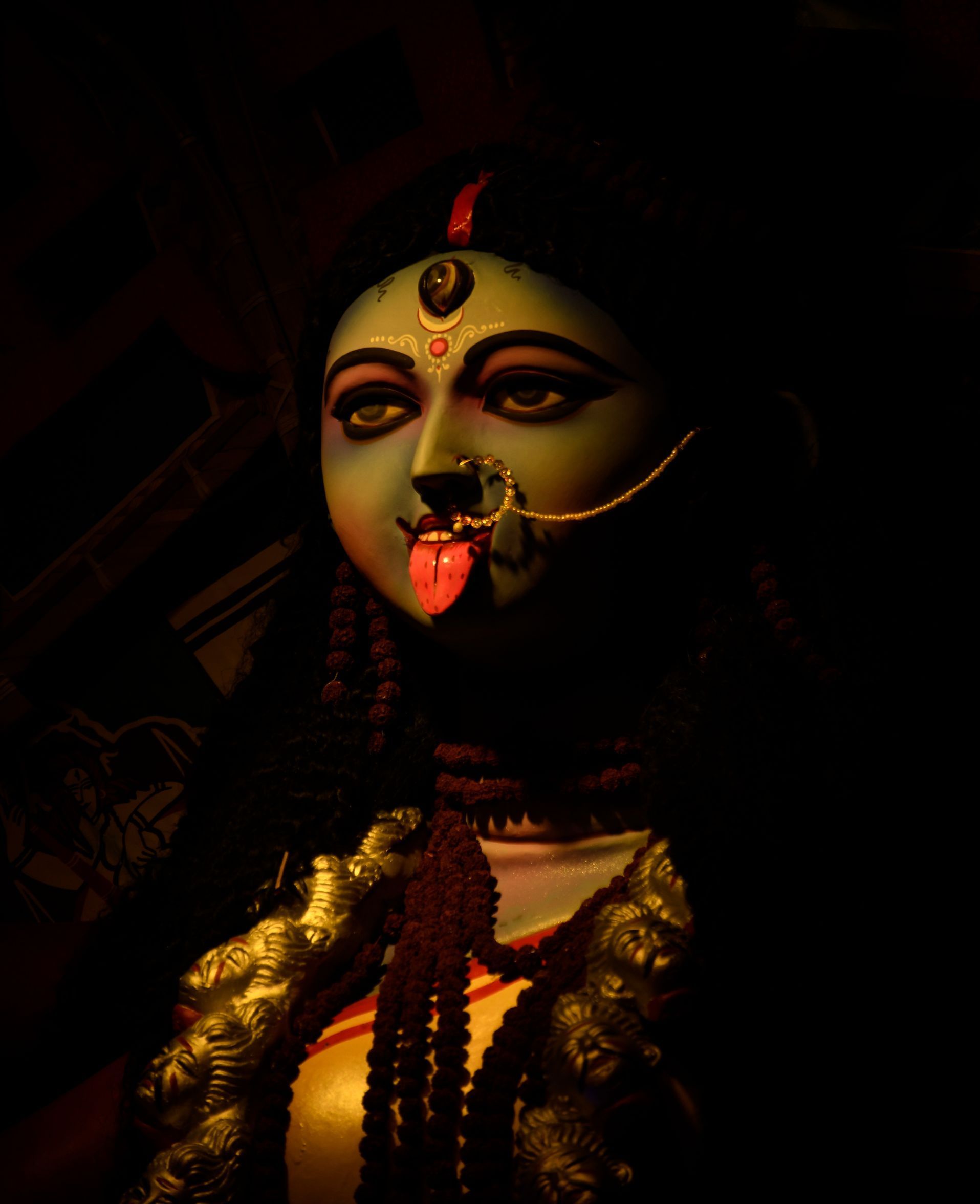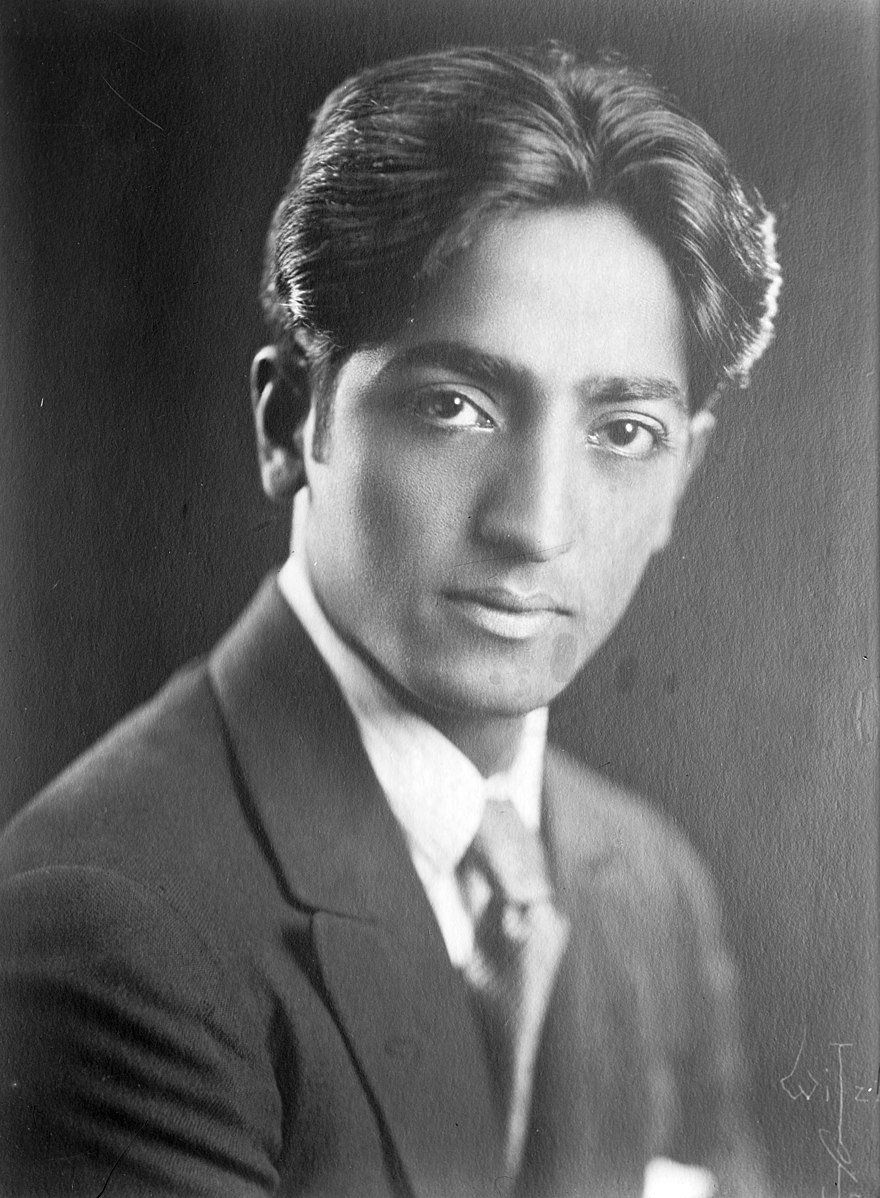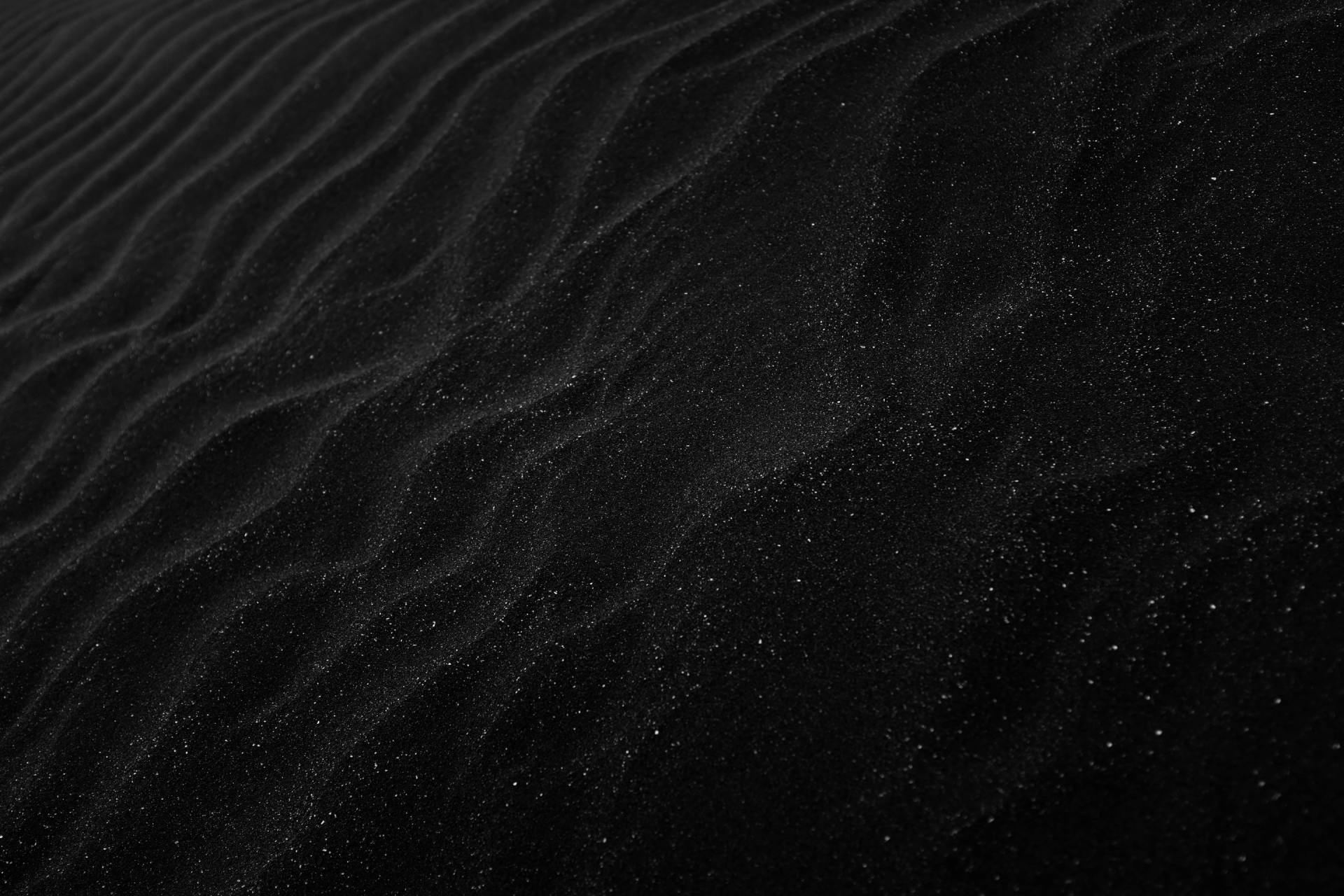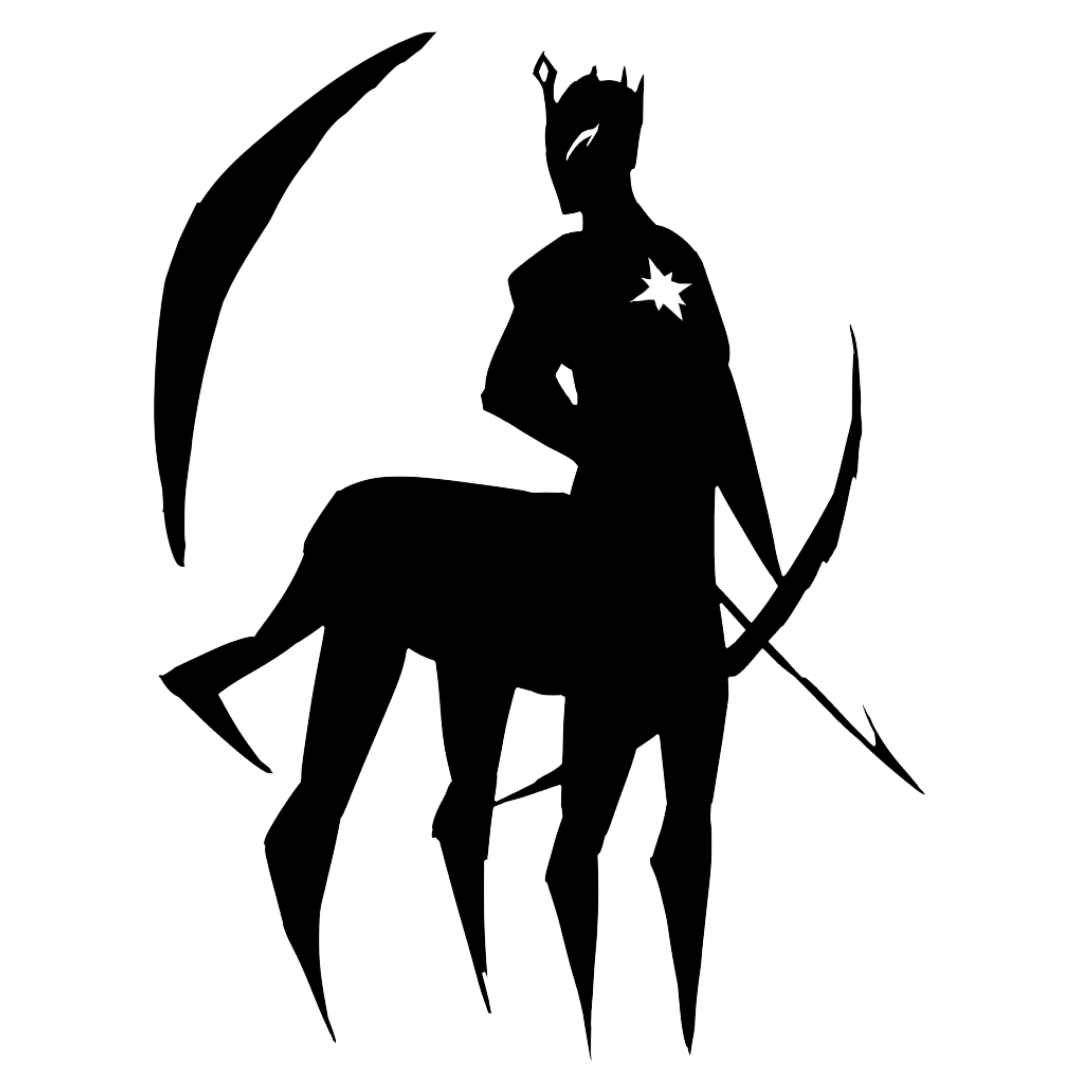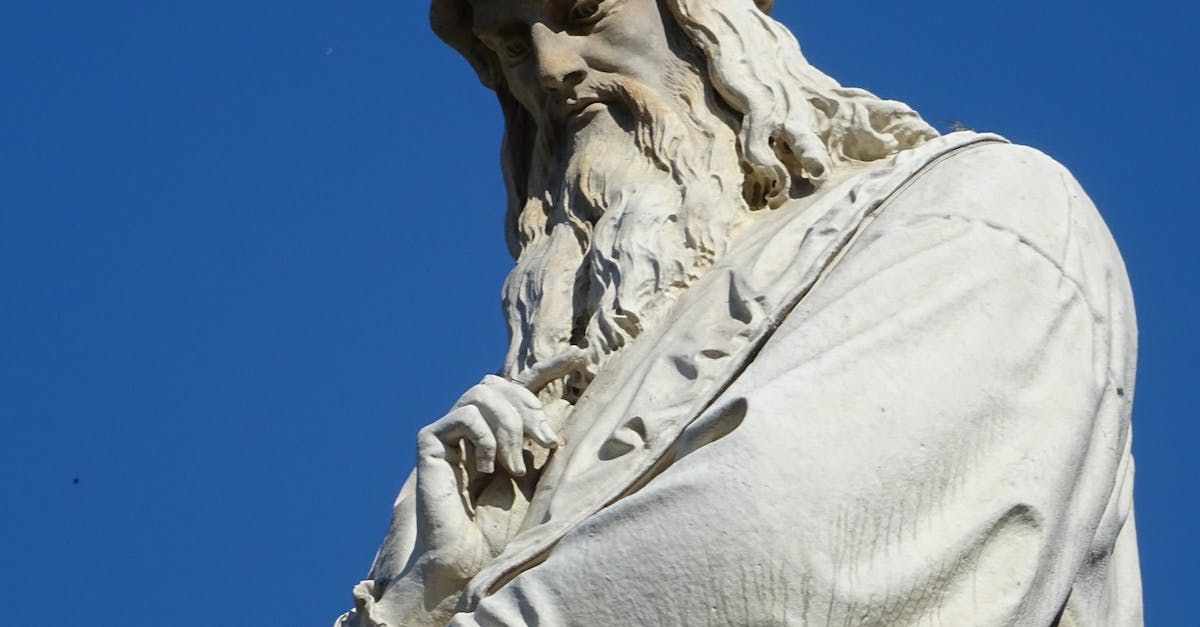BRAIN STUFF | Poly...What?
LOGOS / POLYMATHEIA
A simple definition, at last.
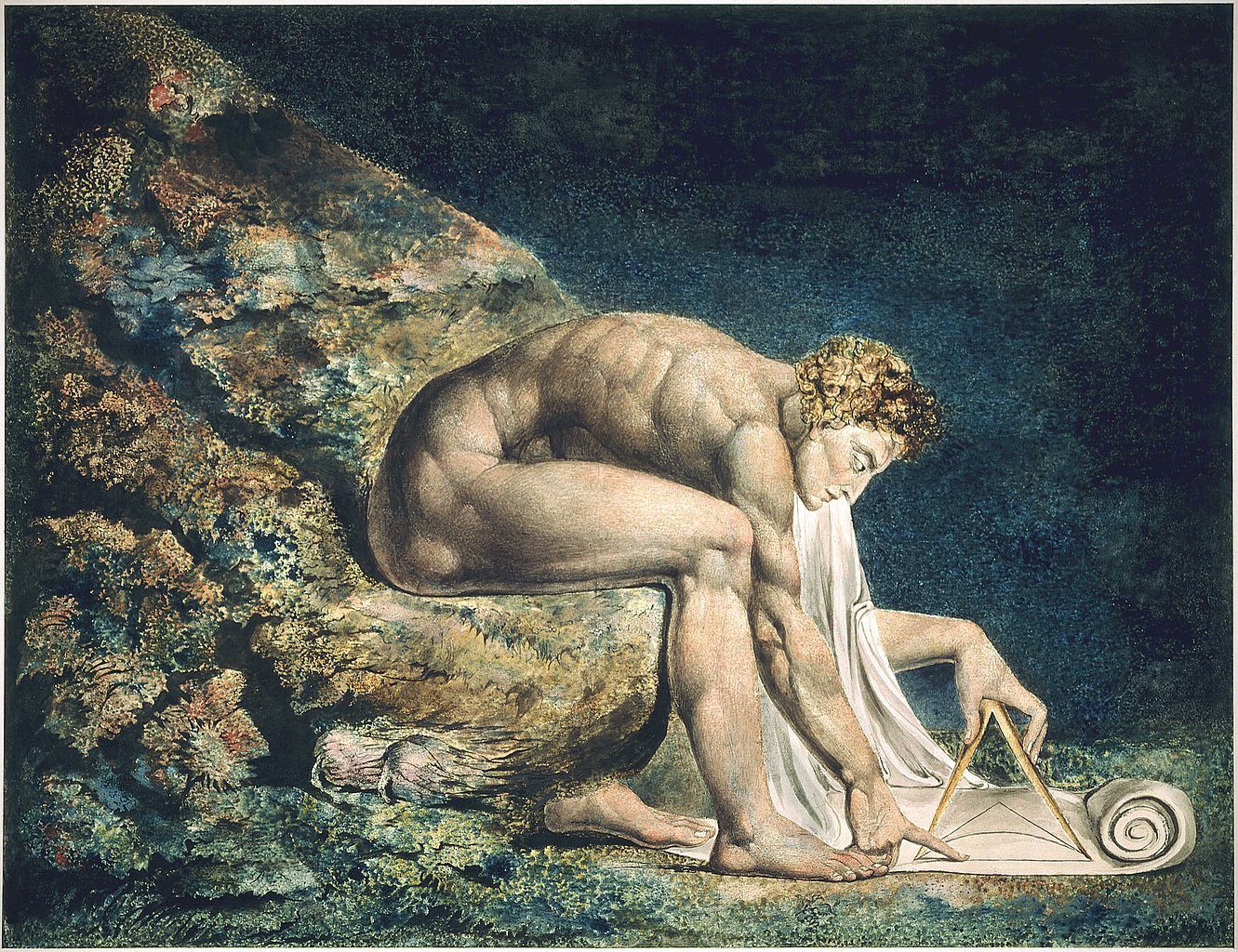
«Newton», monotype by English poet and artist William Blake (18th century). Source: Wikimedia Commons. Public domain
Have you ever pondered the idea of mastering all that truly holds significance?
Imagine an individual with an exceptional depth of knowledge spanning various fields, someone capable of distinguishing the true, the relevant, and the absolute.
Being a polymath goes beyond the misconception of knowing everything; it's about possessing the exceptional ability to discern what genuinely matters, both in the present and for the future. In other words, this term, "polymath," which is annoyingly trending, connotes not just an extensive reservoir of borrowed knowledge, but the intellectual prowess to reach into the domain of what is relevant and timeless.
So it's not about the superiority of generalization or specialization, rather the art of discernment.
Yes, knowledge delivers answers. If you know where to look.
The term 'polymath' hails from the Greek civilization illustrious for its contributions in fields like philosophy, arts, politics, and science. In Greek, 'poly' symbolizes a multitude or an abundance, and 'math' alludes to wisdom or knowledge. Together, they create a forceful term – a polymath, an individual who holds plenty of knowledge.
Being a polymath goes beyond being a jack-of-all trades, master of none. It's about immersing deeply in multiple disciplines, not merely absorbing knowledge like a sponge, but discerning what is valuable epistemologically, and filling the well of wisdom. It's having not only the curiosity of a child, but the dedication and rigor of a researcher, the inventiveness of an artist, and the
prudence of a sage. It's about learning, unlearning, and relearning. It's about shattering the chains of ignorance and basking in the freedom that wisdom brings. It's about acknowledging that knowledge is vast but is also noble enough to provides answers, provided we refuse the sempiternal seduction of approximation and confusion.
Exactly, what defines extensive knowledge? Not simply a matter of ticking off items on a checklist or accumulating achievements for the sake of quantity. Quality of knowledge, depth of study and understanding, and clear perception of the nature of reality defines a polymath. Not aimless pursuits of so-called "mysteries" or personal branding. Promotion belongs to marketing, not genuine erudition, not knowledge acquisition. As for these so-called mysteries, there's little enigma left about the outer world due to the advancement of scientific research (and the capitalistic pressure of hyper-specialization). In such a contest, a polymath would be someone with extensive knowledge in hyper-specialized fields, not a dilettante. But what is extensive knowledge?
Extensive Knowledge & the 3 Knowables
Extensive knowledge, as defined by Merriam-Webster, is the condition of knowing something intimately through experience or association: understanding a science, art, or technique; being aware of something, or having a range of information; and apprehending truth or fact through reasoning, having information, or being learned.
The sum of what is known, the body of truth, information, and principles acquired by humankind falls under the vast category of "extensive knowledge." Now, for us humans, there are three kinds of knowables: the self, the others or society, and the physical world. These knowables have birthed three types of disciplines.
Three Types of Knowables and Disciplines
1. Disciplines to Know Nature
First, we have disciplines to know nature. These are objective and independent of opinion. They include sciences such as mathematics and logic, biology, medicine, physics, chemistry, astronomy, geology, and more.
2. Disciplines to Know the Self
Then we have disciplines to know the self. These are subjective, pertaining to individual perception. They include metaphysics, philosophy, psychology, and the creative arts such as visual arts, music, and literature. Also in this category are religion and religious practices, spirituality, as well as the modern perception of spirituality, which stems from religion.
3. Disciplines to Interpret Others
Finally, we have disciplines to interpret others. These intersect with disciplines of the self and nature, and they include social sciences like sociology, economics, anthropology, politics, history, archaeology, and linguistics.
Polymathy and its Relation to the Three Major Categories of Knowledge
How does all this relate to polymathy? Well, a polymath would possess extensive knowledge in these three major categories or subdivisions of knowledge: nature, society, and self. Occupations do not determine polymathy. Being an entrepreneur, an engineer, an artist, a philosopher, a poet or even a scientist is not enough to be a polymath, no matter how successful or creative. Being a polymath is an epistemological process, which entails having vast, yet relevant knowledge in the Three Major Categories of Knowledge.
Polymathy is not an individual, rather a process.
In essence, being a polymath is less about a state or an individual, and more about the process of extending the scope of knowledge from one sphere to the next, making meaningful and lasting contributions in the three major categories of Knowledge, continuously. These contributions should be of universal value, benefiting not only oneself but also others and the natural world.
Now, how can you determine if your work transcends your lifetime and remains relevant? The truth is, you can't. That judgment is left for future generations to make.
So, when someone inquires about the definition of a polymath, you can now confidently respond that, "a polymath strives to master the art of knowing Nature, Society, and Self, making relevant and timeless contributions to these fields." However, if this person then asks, "Are you a polymath?," exercise prudent discretion in your reply. The true culmination of one's experience with the natural world and interactions with others is the understanding of the Self. Without knowing the Self, a positive response to that question is impossible. Yet, once you know the Self, that question will no longer be relevant to you.
A polymath
strives to master the art of knowing Nature, Society, and Self, making relevant and
timeless contributions to these fields.
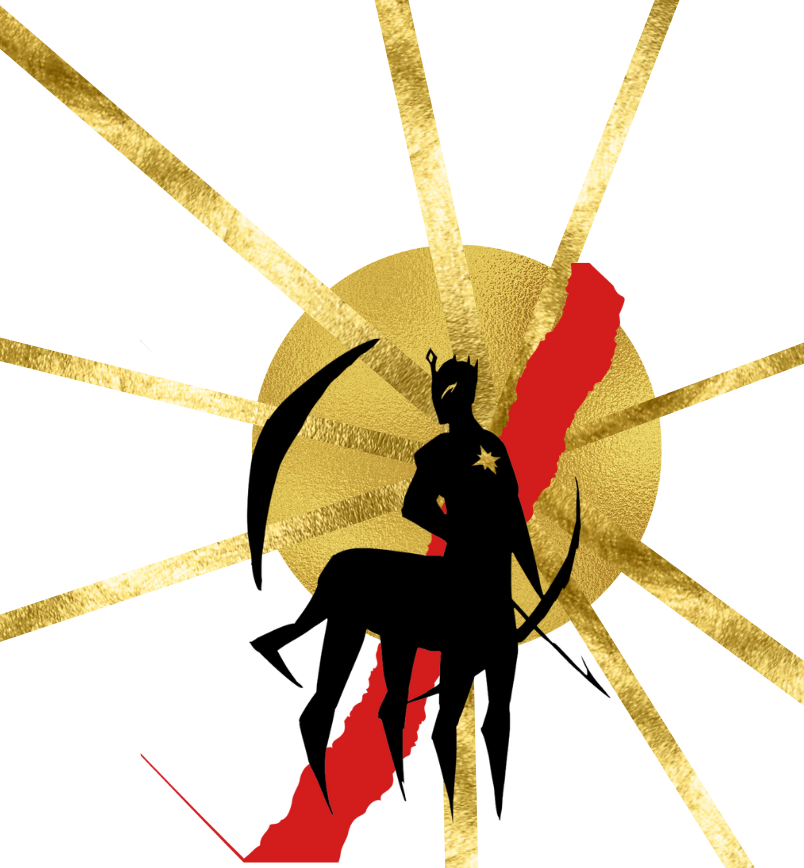
Revue {R}évolution
